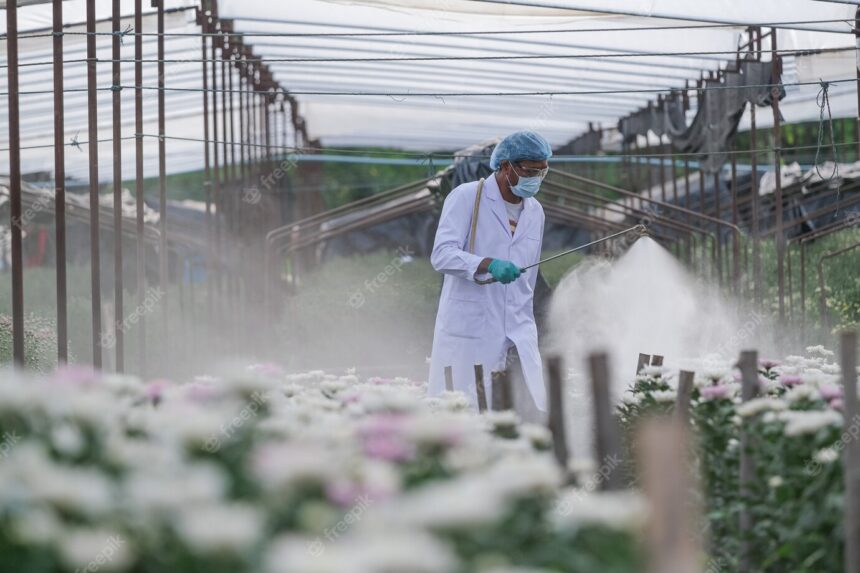Here are 10 things you should know about an Irrigation Specialist job:
- Role and Responsibilities: An Irrigation Specialist is responsible for designing, installing, maintaining, and troubleshooting irrigation systems for residential, commercial, or agricultural properties. They ensure proper water distribution and conservation.
- System Design: Irrigation Specialists are skilled in designing efficient irrigation systems tailored to the specific needs of the area or landscape. They consider factors such as soil type, plant water requirements, topography, and local climate conditions.
- Installation and Maintenance: They install irrigation systems, including pipes, valves, sprinklers, and control systems. Additionally, they perform routine maintenance, such as inspecting and repairing damaged components, adjusting sprinkler heads, and monitoring water usage.
- Water Management: One of the key responsibilities of an Irrigation Specialist is to optimize water usage and conservation. They analyze water sources, calculate irrigation requirements, and implement strategies to reduce water waste, such as using rainwater harvesting systems or incorporating smart irrigation technologies.
- Equipment and Tools: Irrigation Specialists work with a variety of tools and equipment, including pipe cutters, trenching machines, valve keys, pressure gauges, and electrical testers. They should have knowledge of these tools and be able to operate them safely.
- Knowledge of Irrigation Systems: A thorough understanding of different types of irrigation systems is essential. This includes knowledge of drip irrigation, sprinkler systems (rotary, spray, or impact), subsurface irrigation, and computer-controlled systems.
- Troubleshooting: Irrigation Specialists must be skilled in diagnosing and resolving issues related to irrigation systems. This can involve identifying leaks, blockages, faulty valves, or malfunctioning control systems and implementing appropriate repairs.
- Compliance and Regulations: They should be familiar with local regulations and guidelines concerning irrigation practices, water usage restrictions, and backflow prevention. Compliance with these regulations is crucial to ensure the proper functioning and environmental sustainability of irrigation systems.
- Communication Skills: Effective communication is important for Irrigation Specialists, as they often work with clients, landscape designers, contractors, or other professionals. They need to understand client requirements, provide recommendations, and educate customers on proper irrigation practices.
- Continuous Learning: The field of irrigation is constantly evolving, with new technologies and techniques emerging. To stay current, Irrigation Specialists should actively seek professional development opportunities, attend industry conferences, and keep up with advancements in irrigation systems and water management practices.
Remember, specific job requirements and responsibilities may vary depending on the employer, location, and type of irrigation systems being used.
Join 'Farmers Mag' WhatsApp Channel
Get the latest Farming news and tips delivered straight to your WhatsApp
CLICK HERE TO JOIN






